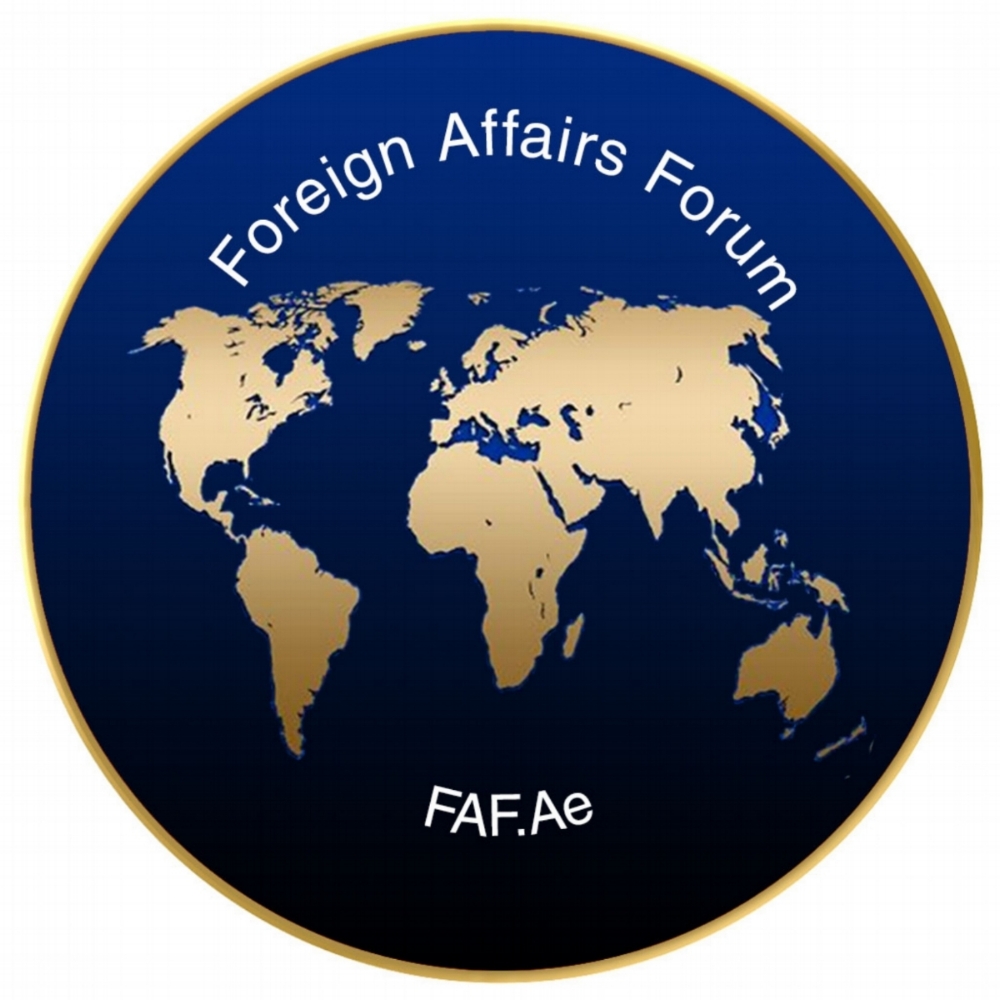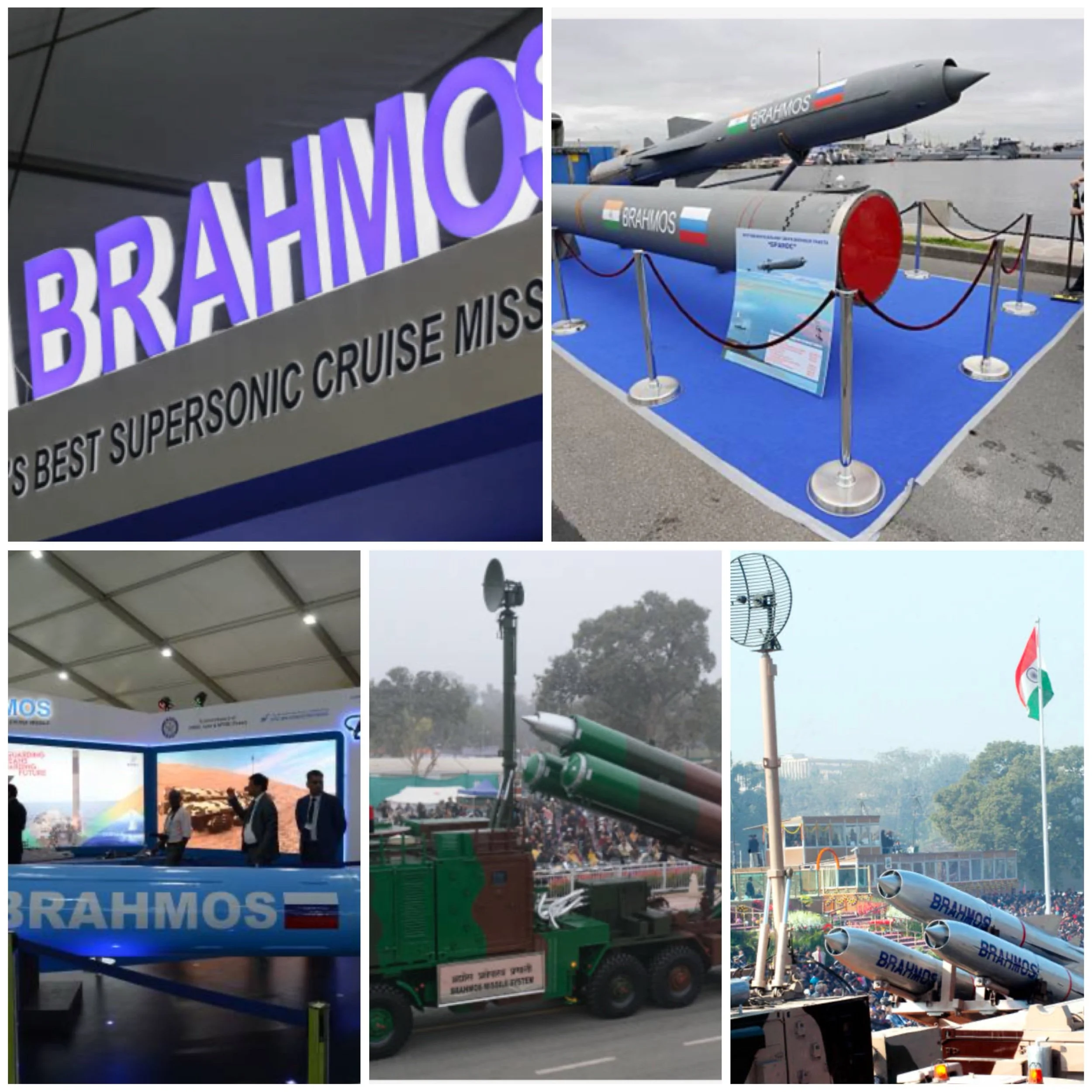Is it sign of WWIII, given world’s arms race for supersonic and hypersonic missile
Introduction
While the global arms race for supersonic and hypersonic missiles is certainly a cause for concern, it does not necessarily signal the imminent outbreak of World War III. However, it does reflect increasing geopolitical tensions and a shift in military strategy among major powers.
Escalating Arms Race
The development and deployment of supersonic and hypersonic missiles by various nations, particularly China, Russia, and the United States, indicate a significant shift in military capabilities:
China has deployed the DF-17 hypersonic missile and conducted tests of more advanced systems.
Russia has operational hypersonic weapons like the Kh-47M2 Kinzhal and is developing others.
The United States is investing heavily in hypersonic technology, with projects like the Hypersonic Conventional Strike Weapon and the AGM-183A Air-launched Rapid Response Weapon.
Geopolitical Implications
This arms race has several implications for global security:
Increased tensions
The pursuit of these advanced weapons systems has heightened strategic competition between major powers.
Destabilizing effect
Hypersonic missiles’ speed and maneuverability could potentially upset the existing balance of power and strategic stability.
Compressed decision-making time
The extreme speed of these weapons reduces the time available for leaders to respond to potential threats, increasing the risk of miscalculation.
Mitigating Factors
Despite these concerns, several factors suggest that this arms race does not necessarily herald World War III:
Deterrence
The development of these weapons may actually reinforce strategic deterrence, as nations seek to maintain parity.
Technological challenges
There are still significant hurdles in developing effective hypersonic weapons, including thermal management and precision guidance.
Defensive capabilities
Work is ongoing to develop countermeasures and defensive systems against hypersonic threats.
Diplomatic opportunities
The emergence of this new technology could lead to new arms control agreements and diplomatic engagements.
Conclusion
While the hypersonic arms race is a significant development in global military affairs, it is more indicative of ongoing strategic competition rather than an immediate precursor to World War III. However, it does underscore the need for increased dialogue, arms control measures, and efforts to reduce international tensions to prevent escalation and maintain global stability.





